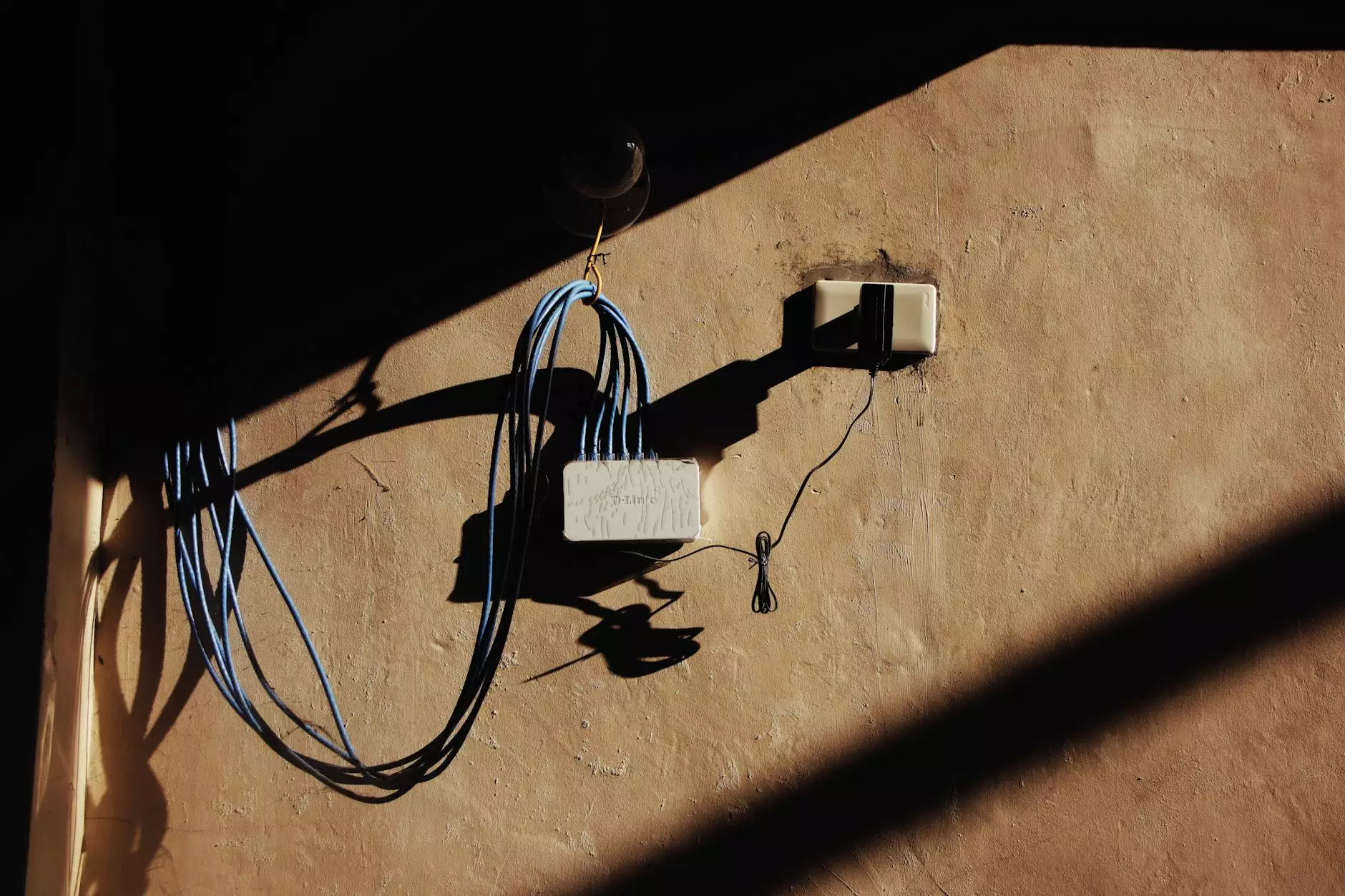Preventing Bolt or Thread Seizure | Engine Problem

Introduction
Welcome to Grafco Electric, your trusted source of electrical solutions and engine maintenance services. In this article, we will discuss the common issue of bolt or thread seizure in engines and provide valuable insights on how to prevent it.
The Importance of Preventing Bolt or Thread Seizure
When it comes to engine performance, preventing bolt or thread seizure is of utmost significance. Bolt or thread seizure refers to the situation when bolts or threads become stuck or fused due to factors such as corrosion, friction, or inadequate lubrication. This can lead to several problems, including increased maintenance costs, reduced engine efficiency, and even engine failure. To ensure the longevity and smooth operation of your engine, it is essential to take preventative measures against bolt or thread seizure.
Common Causes of Bolt or Thread Seizure
Understanding the causes of bolt or thread seizure is fundamental to implementing effective prevention strategies. Some prevalent causes include:
- Corrosion: Exposure to moisture and corrosive substances can lead to the buildup of rust, making it difficult to remove bolts or loosen threads.
- Friction: Excessive friction between mating surfaces can generate heat and cause metal components to fuse together.
- Inadequate Lubrication: Insufficient lubrication or the use of improper lubricants can increase friction and contribute to bolt or thread seizure.
- Over-Tightening: Applying excessive torque beyond the recommended specifications can damage threads and result in seizure.
Prevention Tips
Now that we have discussed the causes, let's explore some practical tips to prevent bolt or thread seizure:
1. Proper Lubrication
Ensure that you use the right lubricant specifically designed for the application. Apply lubricant to all threaded joints and mating surfaces to reduce friction and corrosion. Regularly inspect and reapply lubrication as needed.
2. Controlled Torque
Follow manufacturer specifications to tighten bolts or screws with the correct torque values. Utilize torque wrenches and other appropriate tools to achieve the desired level of tightness without exceeding the recommended limits. Avoid over-tightening as it can lead to thread damage.
3. Anti-Seize Compounds
Consider using anti-seize compounds on threaded fasteners to provide a protective coating and prevent corrosion. These compounds contain lubricating agents that facilitate easy disassembly and reduce the risk of seizure.
4. Regular Inspection and Maintenance
Implement a routine inspection and maintenance schedule to identify early signs of corrosion, thread damage, or inadequate lubrication. Timely intervention can prevent potential seizure issues.
5. Material Compatibility
When selecting bolts, screws, or other fasteners, ensure compatibility with the materials being joined. Different metals can react differently to environmental conditions, increasing the likelihood of seizure. Choose materials that resist corrosion and galling.
6. Stripped Threads and Thread Repair
In case of stripped threads, promptly address the issue using appropriate thread repair techniques, such as helicoil inserts or thread inserts. Preventing further damage to threads can minimize the risk of future seizures.
Conclusion
By adhering to these preventative measures, you can significantly reduce the chances of bolt or thread seizure, enhancing the overall performance and reliability of your engine. For all your electrical and engine maintenance needs, trust Grafco Electric to provide top-quality solutions and expert guidance. Contact us today to learn more!




